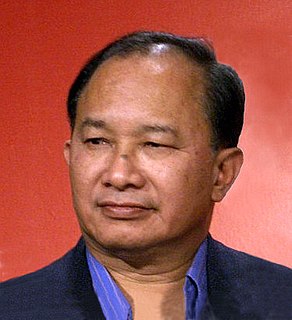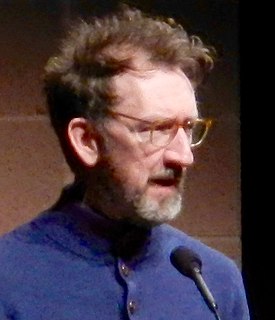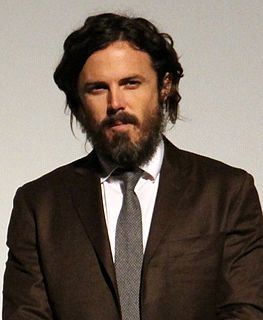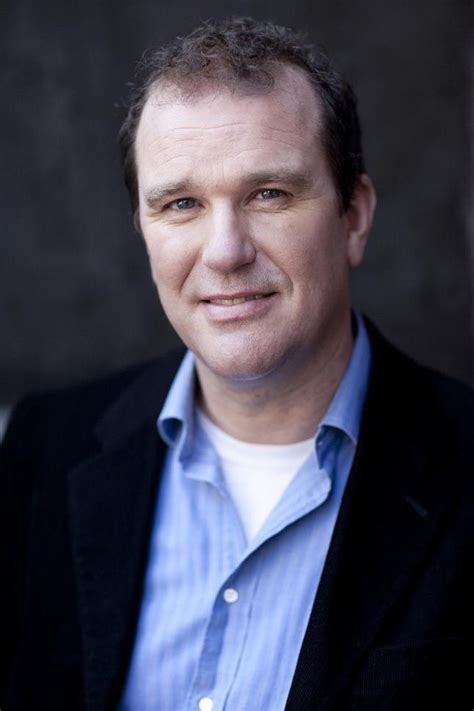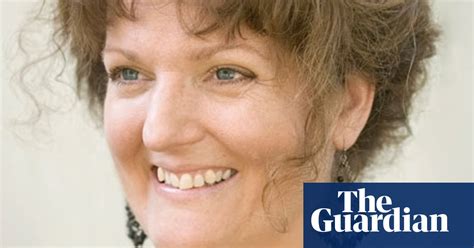A Quote by Brian Michael Bendis
I couldn't take my eyes off of Stan [Lee]! As good as the movie is, all I could think about is, "What's he thinking?" So the movie ended, and then he, very whimsically, expressed all of his feelings about how long he waited, and how the TV shows in the '70s were all, "If only they could do this," and now they could. And he didn't get choked up and blubbery, but he was moved. Like, "Ohmigod, it happened while I was alive." And I can't believe I got to see that. He was very raw. It was quite beautiful.
Related Quotes
I think it worked two ways. One, a lot of people writing about the movie used that as shorthand and it could either be a good thing or they could use it to dismiss the movie like we were a copycat movie or something like that. It's very much its own story. It is a young woman in a post-apocalyptic society, but after that it's just a whole different kind of story and a different journey that she goes through.
When we first sat down and talked about how much of the show we were going to do based on the movie, there are certainly things you can see right away, but we wanted to make sure that the audience who maybe never saw the movie or has maybe never seen any of the Marvel characters before - and I know there's three of them left on the planet - could have someone that could be their eyes and take them in.
Jem gave a reasonable description of Boo: Boo was about six-and-a-half feet tall, judging from his tracks; he dined on raw squirrels and any cats he could catch, that's why his hands were bloodstained - if you ate animal raw, you could never wash the blood off. There was a long jagged scar that ran across his face; what teeth he had were yellow and rotten; his eyes popped, and he drooled most of the time.
And I could see this boy doing his homework and thinking about my sister naked. And I could see them holding hands at football games that they do not watch. And I could see this boy throwing up in the bushes at a party house. And I could see my sister putting up with it. And I felt very bad for both of them.
He stepped colser. Looked deep into my eyes. Hesitated a millisecond, and then dove in. "I think I'm falling in love with you." Oh. No. "Cole--" "I know how you feel. About me. About him. I just wanted you to know-we could be good together. We could have a life. Kids. Vacations. On Sunday mornings I could serve you breakfast in bed." He gave me his I-know-you-find-me-irrestible grin. "And then I could make you something to eat.
There's something inherently more appealing about the idea that you could reveal and tell stories about characters over the course of a TV season - 13 or 26 episodes, whatever it might be - than in the course of one two-hour movie. You can do so many more novelistic kinds of things on a TV show - with time, with gradual development of relationships, and so on - than you could possibly do in a movie. And that is very appealing.

